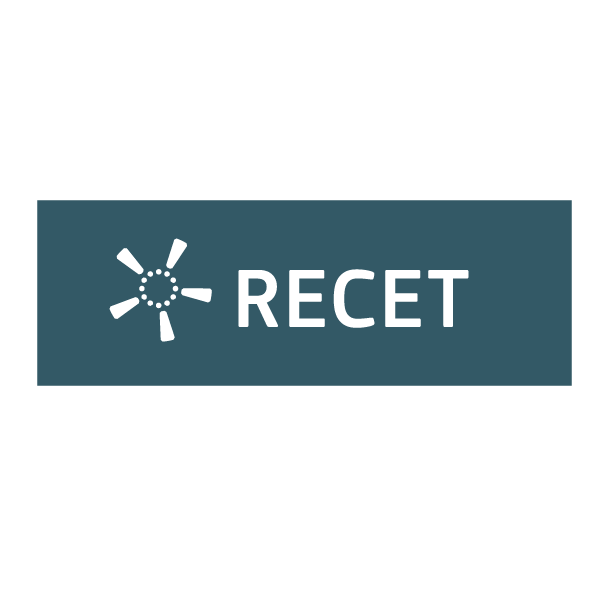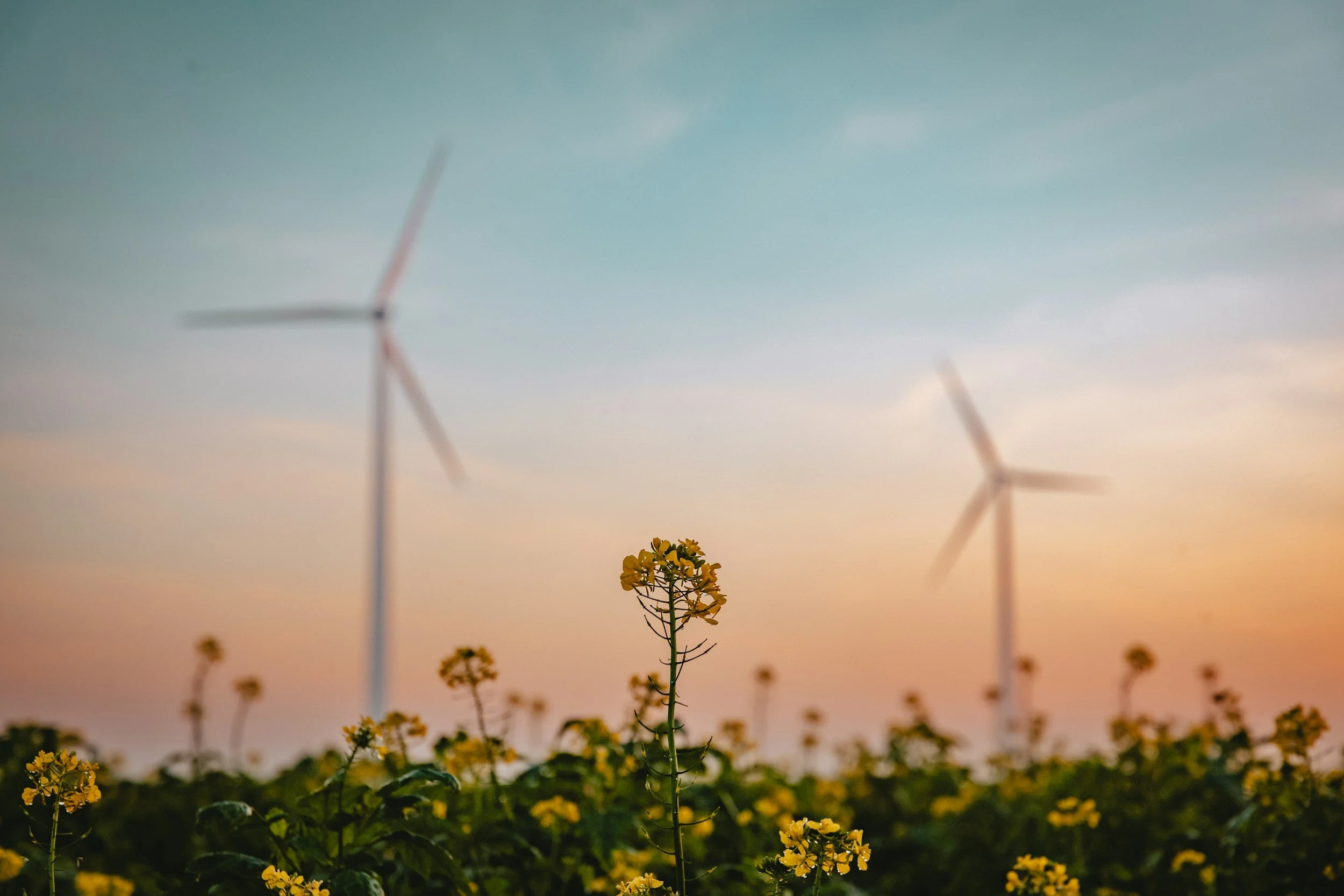WP1 Project Management
WP1 ensures seamless collaboration between project partners and guarantees the timely execution of all tasks and the coherence and quality of all deliverables. This shall be completed within limits defined by the budgetary framework and quality standards imposed by the programme. This WP will oversee administrative and financial management, project planning, and project progress evaluation. The project coordinator will manage the project and supervise the progress of implementation activities.
Key objectives are as follows:
Administration and optimal coordination of the project resources, including budget and efforts utilized.
Impact monitoring and evaluation, including compilation and issuing of periodic reports.
Risk and quality management.
Smooth communication and collaboration with the project officer, the steering committee and the advisory board.
Act as the public face of the project, interfacing with the other EU projects and communicating about the project on an international level.
Seek to ensure gender equality within the project consortium and support non-discriminating behaviour based on gender identity, disability, race, religion, national origin orsexual orientation in project activitiesthrough the adoption of equality guidelines.
WP2 Capacity Building and Knowledge Transfer
WP2 serves as a knowledge-sharing and training platform for the consortium members and stakeholders from the five targeted areas of the project. With the support of the award-winning SE on the pioneer island of Samsø, Denmark the project will launch a knowledge-building process in support of clean energy transition (CET) plans and strategies embedded in the territories of the targeted areas.
Key objectives are as follows:
The objectives of the work package are to build on SE's experience in supporting municipalities in the clean energy transition to strengthen the capacity in the targeted territories on:
stakeholder engagement and inclusive processes for a clean energy transition embedded in the targeted territories
translating the vision of a municipality or region into implementation in practice
WP3 Local Stakeholder Engagement and Training
The aim is to establish a local dialogue on existing gaps and barriers hindering progress toward the CET in rural regions. The ties between local stakeholder groups, both public and private, will be strengthened as a result of this work package. In many rural regions dialogue is hardly existent today and must be initiated. The CET is a task for society at large. We want to understand current and future regional needs, and how we can utilise the CET to shape sustainable, resilient, and prosperous rural societies.
Key objectives is to further enhance local technical capacity for planning and implementation. The regional partners will organise local stakeholders’ engagement events where co-creation is a key element. Their form can be workshops, seminars, symposiums, focus-group meetings, small conferences, etc.
WP4 Advancing The Local CET
The CET plans delivered will establish actions for building up the necessary infrastructure and services and highlight the resulting demand for energy by which national and regional authorities can operate, reducing uncertainty in the process for public and private investors to pursue projects accelerating the transition to clean energy. Means of increasing energy efficiency and the principles of a circular economy across sectors e.g., in regional/municipal planning, industry, land
The objective of this work package is to deliver CET plans for the targeted territories, tailored to their local socioeconomic and political circumstances.
WP5 Sustainability, Replication And Exploitation
WP5 concerns the communication and dissemination of project progress and results and raising awareness on national, regional and international awareness. It also includes replication and exploitation efforts of RECET results, in addition to the creation of a fossil fuel dashboard in Iceland.
Key objectives of this workpackage is to:
Ensure adequate and wide scale dissemination and outreach to stakeholders regarding the project developments with proactive and dedicated dissemination and communication actions, to ensure uptake of project results and outreach to key stakeholders ensuring the RECET impact.
To create wider impact across Europe by involving other rural municipalities and local authorities, NGOs, energy system actors, citizens across European regions, including networking with other LIFE projects.
To support the local sustainability of the RECET outcomes through the local CET knowledge clusters.
Establish local pathways for replication and upscaling of the RECET results.
Establish a web-based, openly accessible monitoring tool for fossil-fuel GHG emissions with geographical resolution, supporting CET monitoring.





